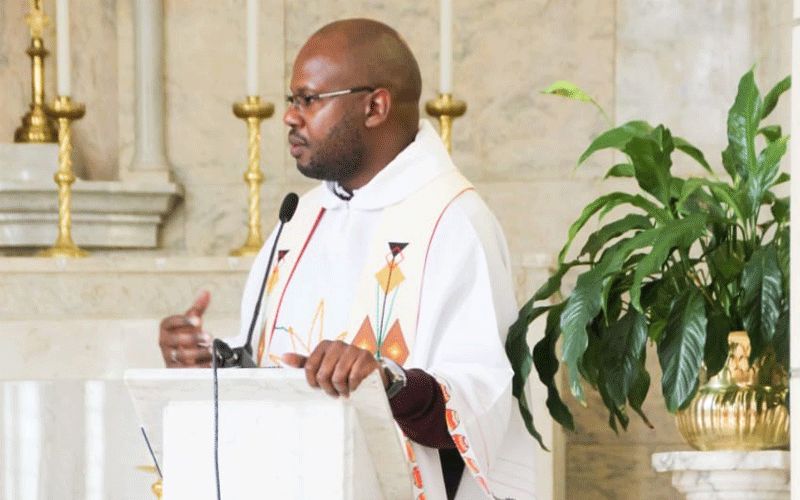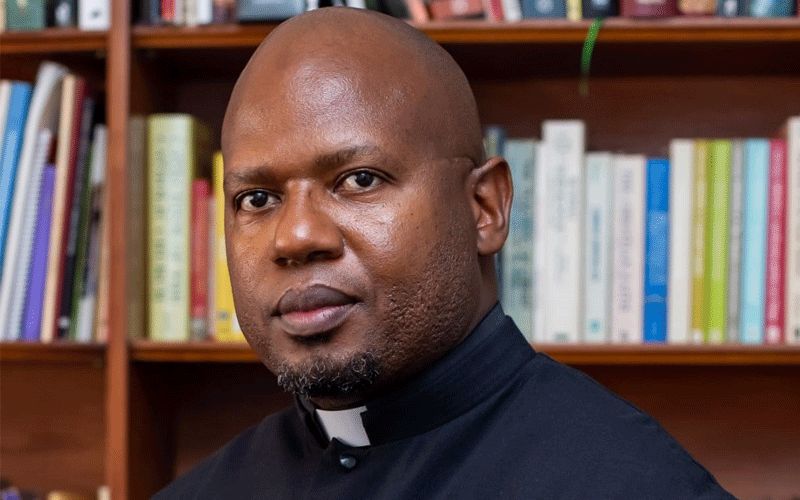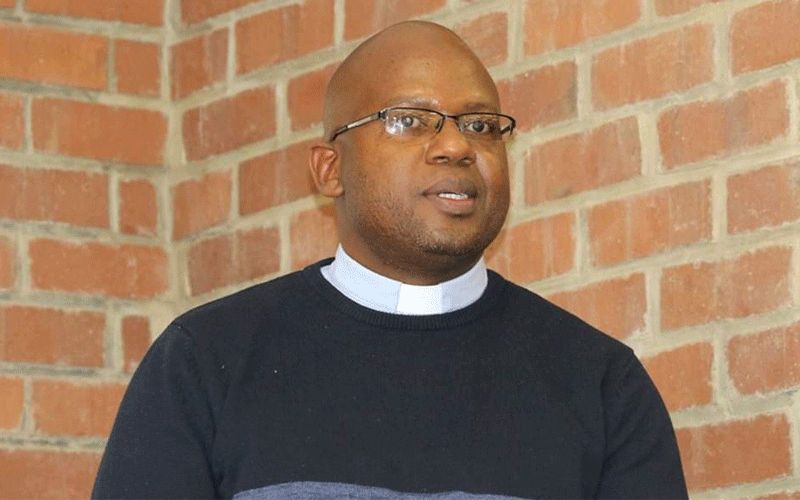Pretoria, 24 September, 2020 / 10:10 pm (ACI Africa).
South Africa’s past was marked with suffering that was caused by cultural differences where a section of the population was looked down upon by others. Today, however, it is the differences that once set South Africans apart that have become a strong uniting force and a cause for celebration, according to a South African Cleric who spoke to ACI Africa on the occasion of the country’s Heritage Day.
In his message on one of South Africa’s biggest celebrations, Fr. Thabiso Clement Ledwaba of the Archdiocese of Pretoria urged the people of God who had gone through a divisive apartheid regime to heal the wounds of the divisions that characterized the regime and to fully celebrate their cultural diversity.
“Our culture as South Africans was not appreciated in the past and was looked down upon and considered inferior. It was associated with a lot of suffering. Looking back, we realize that our culture is a gift to humanity which should be celebrated every day,” Fr. Clement told ACI Africa Thursday, September, 24.
The Cleric had earlier noted in a reflection penned ahead of the celebrations that the September 24 celebration was “that time of the year a nation that has been devastated by difference is united and rejuvenated by the same difference of identity and outlook.”











